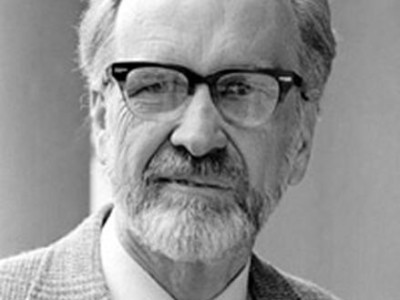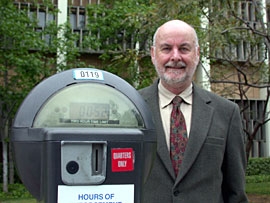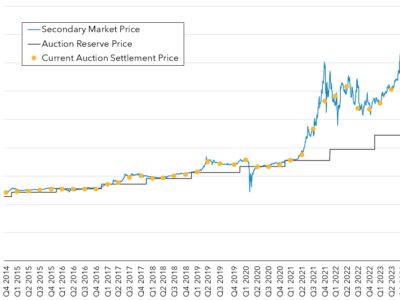Muddling Through on Land Use Reform
Will Reform of Parking Regulations Ever See the Light of Day?

More than half a century ago, Charles Lindblom described the policy-making process as “The Science of Muddling Through.” California just demonstrated this with a new law, AB 744 (Chau), that holds important potential but in and of itself will not change the landscape. (Here is the most recent bill analysis). The law says that for developments projects within a half mile of a transit stop that have the maximum number of affordable units, cities cannot require more than one-half of a parking space per unit. In other words, it relieves affordable housing developers of a particularly onerous and expensive regulatory requirement if they build units near transit. In that sense, it will assist in the production of more affordable units, and they are badly needed.

That’s good, but it doesn’t go far enough to my mind — or, I suppose to the mind of anyone who has read the pathbreaking work of my UCLA colleague Donald Shoup. Don supported this bill, but it is pretty weak tea. Parking requirements significantly increase the cost of housing, and what’s worse, they don’t seem to come from anywhere: they are just in zoning codes, and never change because that’s the way it has always been. It would be much better to have parking requirements determined by the market: developers will want enough parking because if their building lacks it, then people won’t rent. This is overstated somewhat, especially now: rental units, particularly in California, are getting so expensive that many people will just sign the contract and hope that they can deal with the parking later. So perhaps it might make sense to start experimenting around and seeing what happens if you try letting the market work in some selected places. But AB 744 is the best that the political market will tolerate for now. One gap in the bill is that it provides for neither a central repository of information nor for a study down the road to determine the law’s impact. Perhaps adding these things requires further muddling. In the meantime, this is a step.








Reader Comments